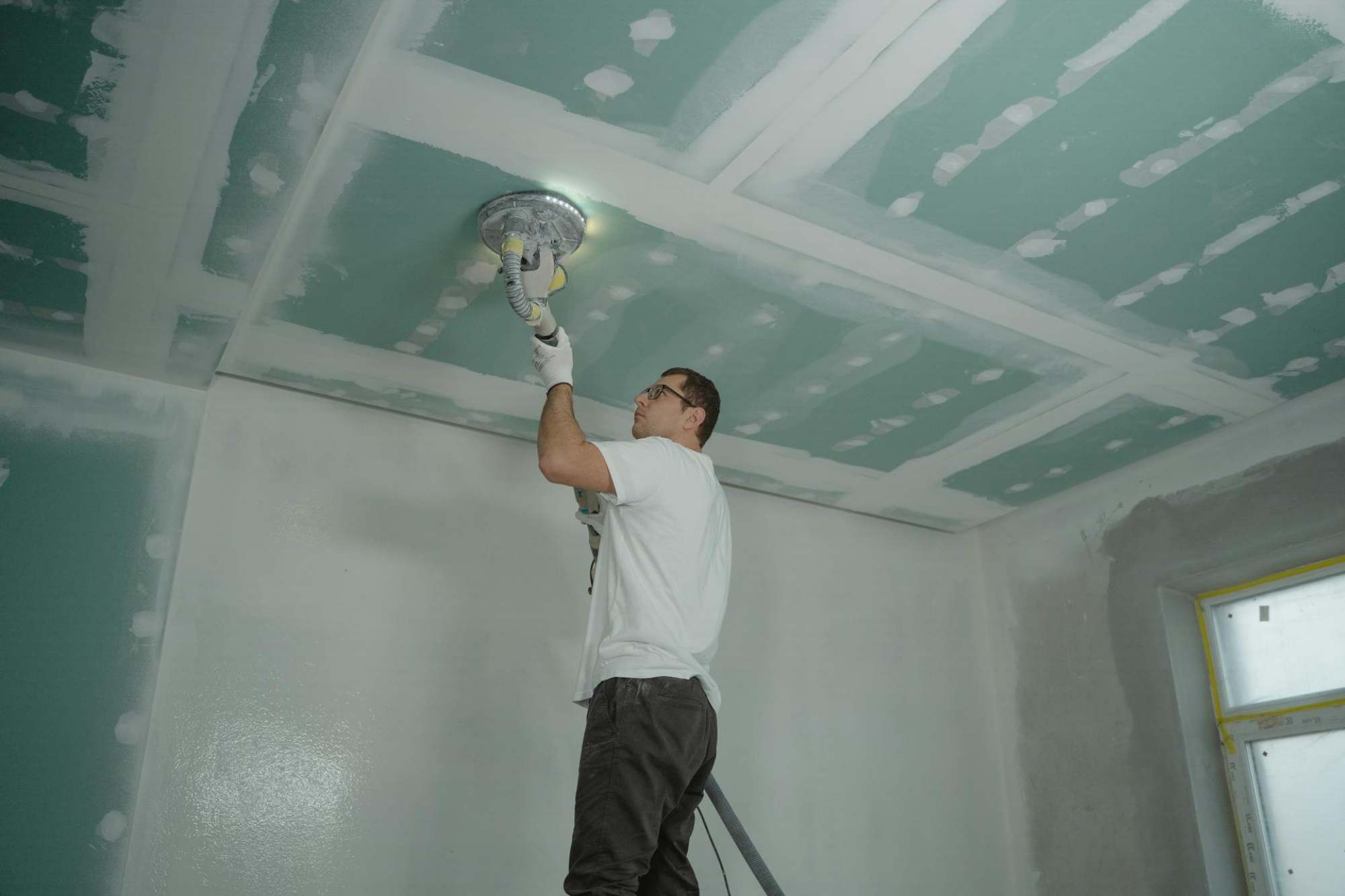Deciding on the best home improvements to undertake can be a daunting task for homeowners looking to enhance their living space, increase property value, or prepare for sale. With numerous options available, it’s essential to prioritize projects that align with your goals, budget, and the needs of your home. Here are some key factors to consider when working out the best home improvements to try.
Table of Contents
1. Identify Your Goals
Start by clarifying your goals and objectives for undertaking home improvements. Are you looking to increase your home’s resale value, enhance comfort and livability, or address specific functional or aesthetic issues? Understanding your priorities will help you narrow down your options and focus on projects that deliver the most value and satisfaction.
2. Assess Your Budget
Consider your budget and financial resources when evaluating potential home improvement projects. Determine how much you’re willing and able to invest in renovations, repairs, or upgrades, and prioritize projects that offer the best return on investment (ROI) within your budget constraints. Remember to factor in both upfront costs and long-term savings or benefits when assessing affordability.
3. Evaluate Your Home’s Needs
Assess the current condition of your home and identify areas that require attention or improvement. Consider factors such as functionality, safety, energy efficiency, and aesthetic appeal when evaluating potential projects. Focus on addressing practical issues and maintenance tasks first before moving on to cosmetic upgrades or luxury amenities.
4. Research Potential Projects
Research different home improvement projects to determine which ones are most suitable for your needs and goals. Explore popular trends, emerging technologies, and innovative solutions in home design and renovation to find inspiration and ideas for your own projects. Consider factors such as feasibility, complexity, and potential impact on your home’s value and livability when evaluating options.
5. Prioritize High-ROI Projects
Focus on projects that offer a high return on investment and have the greatest potential to increase your home’s value and appeal. Get a house valuation and talk to trusted estate agents to find out what would be the best investment to increase your home’s worth. Some high-ROI home improvements to consider include kitchen and bathroom renovations, energy-efficient upgrades, curb appeal enhancements, and attic or basement conversions. These projects typically yield a significant return when it comes time to sell your home.
6. Consider Long-Term Benefits
Think about the long-term benefits and implications of each home improvement project you’re considering. Will the project improve your home’s energy efficiency, reduce maintenance requirements, or enhance its functionality and livability? Consider how each project aligns with your long-term goals and lifestyle preferences to ensure it delivers lasting value and satisfaction.
7. Consult with Professionals
Seek advice and guidance from experienced professionals, such as contractors, architects, or interior designers, when planning your home improvement projects. They can provide valuable insights, recommendations, and expertise to help you make informed decisions and achieve the best possible results. Professionals can also assist with project planning, budgeting, and execution to ensure a successful outcome.
8. Start with Small Projects
If you’re unsure where to begin or are working with a limited budget, consider starting with small-scale home improvement projects that have a relatively low cost and level of complexity. These projects can include painting, landscaping, minor repairs, or cosmetic upgrades that can make a big difference in your home’s appearance and functionality without breaking the bank.
9. Evaluate Potential Risks
Consider potential risks and challenges associated with each home improvement project, such as budget overruns, construction delays, or unforeseen complications. Assess your tolerance for risk and your ability to manage or mitigate potential issues before committing to any major renovations or upgrades.
10. Seek Feedback and Input
Lastly, seek feedback and input from family members, friends, or real estate professionals when evaluating potential home improvement projects. They can offer valuable perspectives, insights, and advice based on their own experiences and expertise, helping you make more informed decisions and avoid common pitfalls.
By considering these key factors and guidelines, you can work out the best home improvements to try that align with your goals, budget, and the needs of your home. Whether you’re looking to increase property value, enhance comfort and livability, or prepare for sale, thoughtful planning and strategic decision-making will help you achieve the desired results and maximize the benefits of your home improvement efforts.
Please explore our site for more exciting content if you like this article.




